Telling Yarns
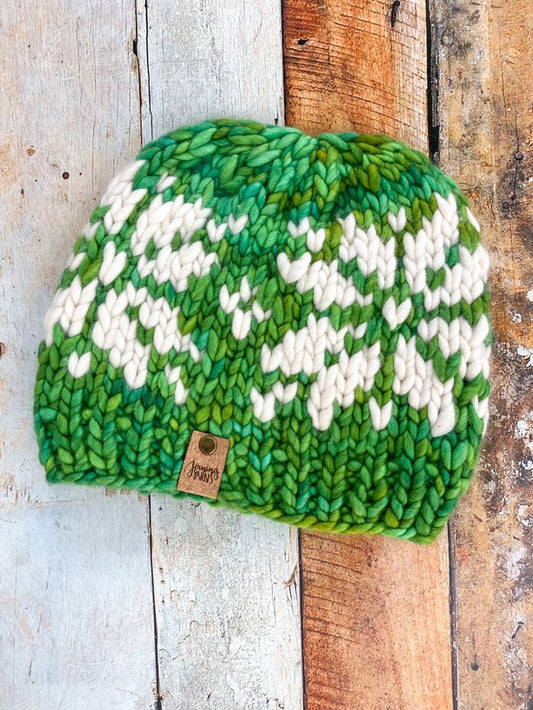
What Makes Merino Sustainable?
Merino wool is often praised as a sustainable material, but what makes it so environmentally friendly? In this blog post, we'll explore the various ways in which merino wool is...
What Makes Merino Sustainable?
Merino wool is often praised as a sustainable material, but what makes it so environmentally friendly? In this blog post, we'll explore the various ways in which merino wool is...
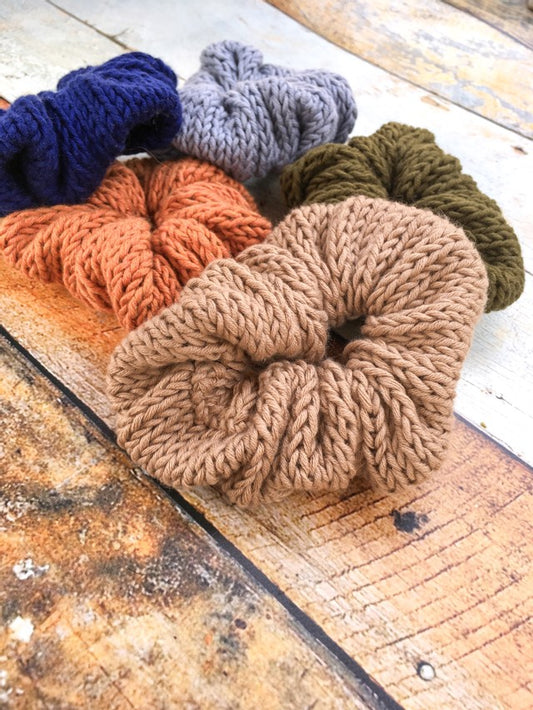
How Cotton Gets Recycled Into Yarn
Cotton is one of the most popular materials used in textile manufacturing. It's a soft, breathable, and versatile fiber that's widely used in clothing, bedding, and other household items. However,...
How Cotton Gets Recycled Into Yarn
Cotton is one of the most popular materials used in textile manufacturing. It's a soft, breathable, and versatile fiber that's widely used in clothing, bedding, and other household items. However,...
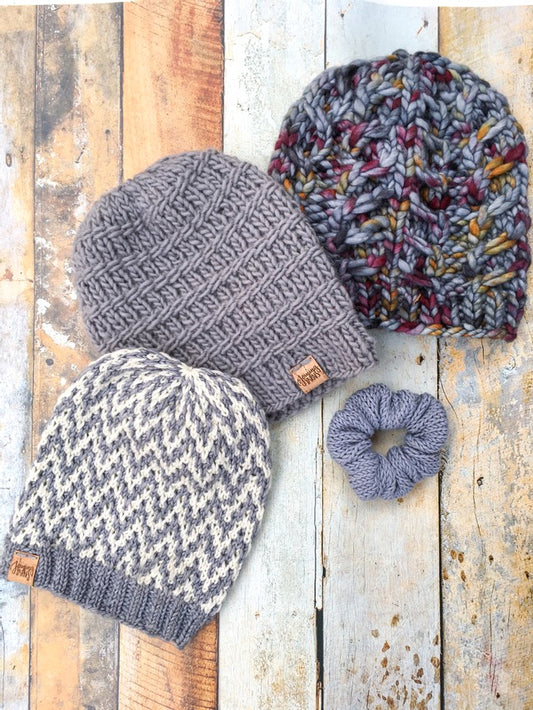
Why Slow Fashion Matters
Slow fashion is a movement that aims to promote sustainable and ethical practices in the fashion industry. In contrast to fast fashion, which prioritizes low-cost production and quick turnover of...
Why Slow Fashion Matters
Slow fashion is a movement that aims to promote sustainable and ethical practices in the fashion industry. In contrast to fast fashion, which prioritizes low-cost production and quick turnover of...
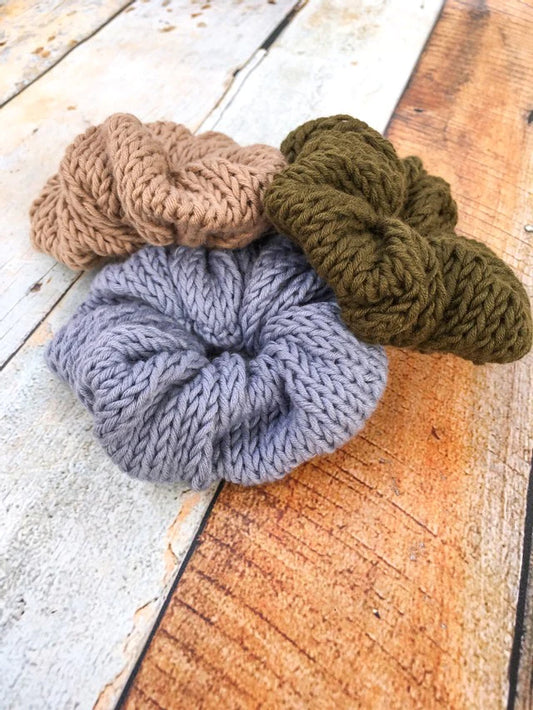
What Makes Pima Cotton Sustainable?
Pima cotton is a type of cotton that is known for its softness, strength, and durability. It is also a sustainable choice for those who are concerned about the environment....
What Makes Pima Cotton Sustainable?
Pima cotton is a type of cotton that is known for its softness, strength, and durability. It is also a sustainable choice for those who are concerned about the environment....
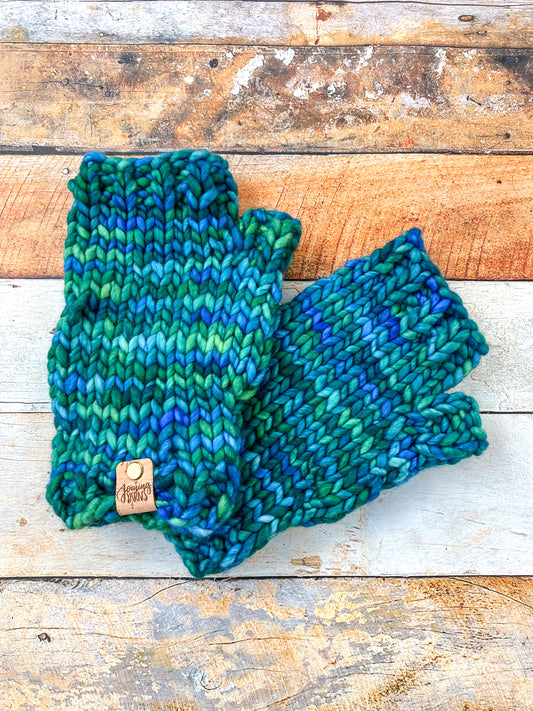
How to Tell if a Clothing Brand is Really Susta...
As more and more people become aware of the environmental impact of fast fashion, many are turning to sustainable clothing options. However, with so many brands claiming to be sustainable,...
How to Tell if a Clothing Brand is Really Susta...
As more and more people become aware of the environmental impact of fast fashion, many are turning to sustainable clothing options. However, with so many brands claiming to be sustainable,...
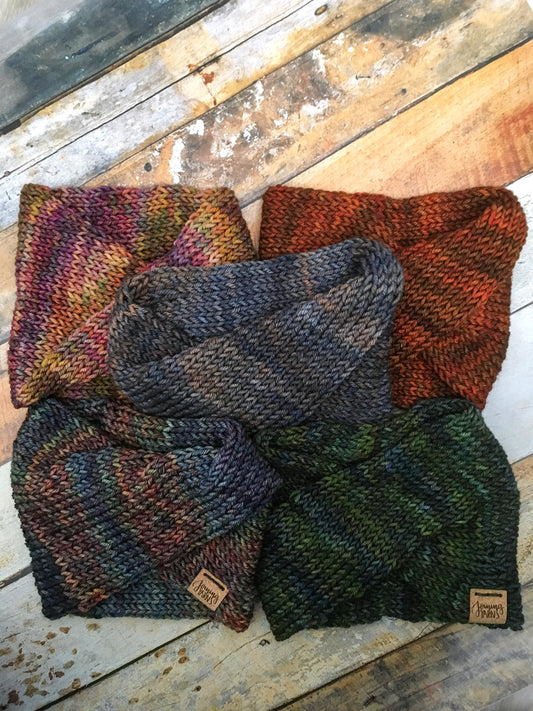
What is OEKO-TEX Certification?
Because we live in a web of interbeing, making sustainable choices gets complicated. It's a matter of knowing one's values, recognizing that limited choices that mean compromising on those values, choosing the best...
What is OEKO-TEX Certification?
Because we live in a web of interbeing, making sustainable choices gets complicated. It's a matter of knowing one's values, recognizing that limited choices that mean compromising on those values, choosing the best...
